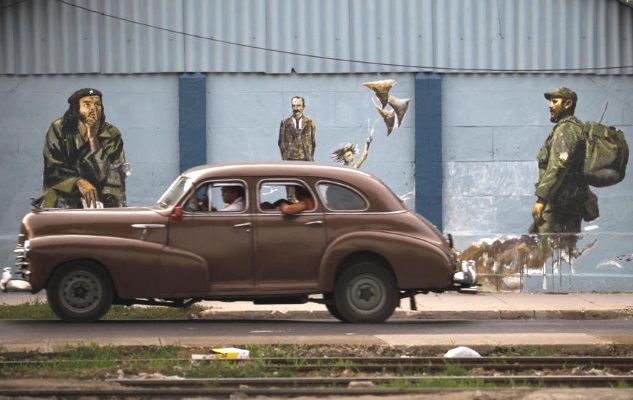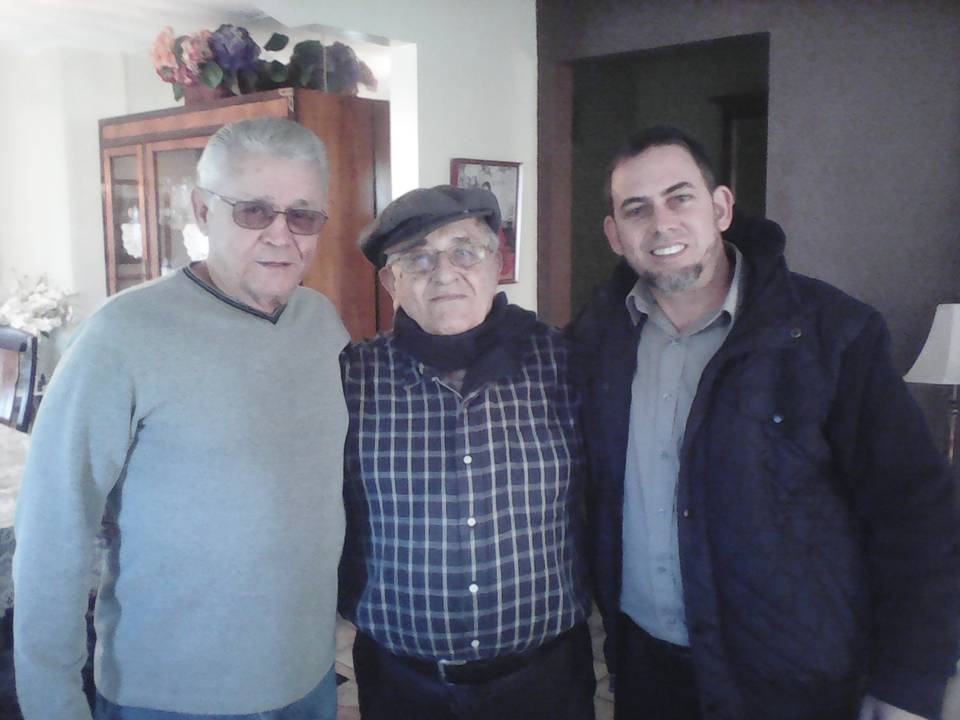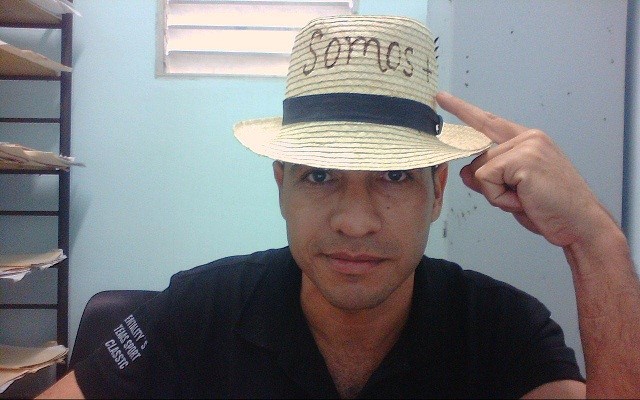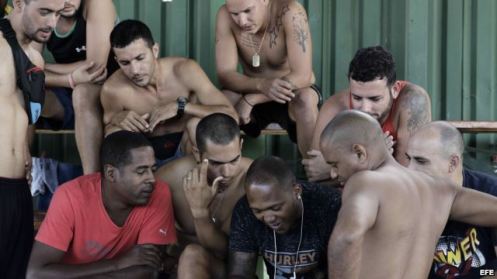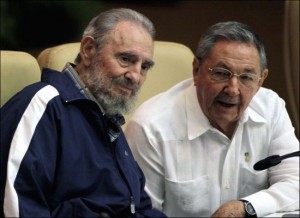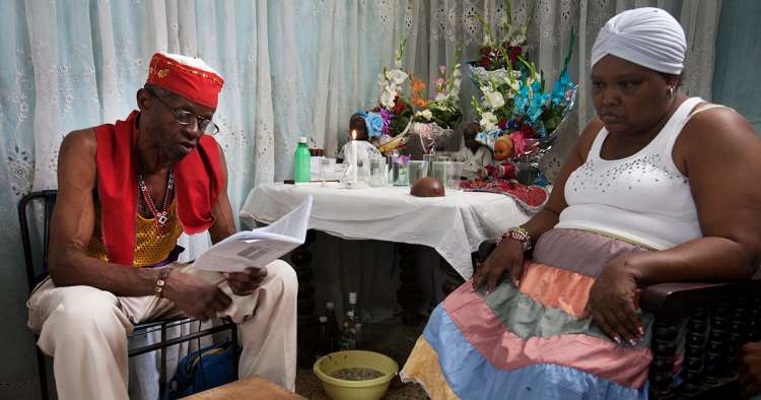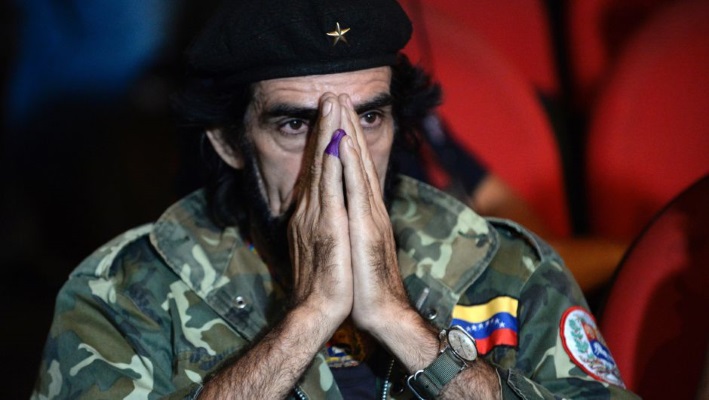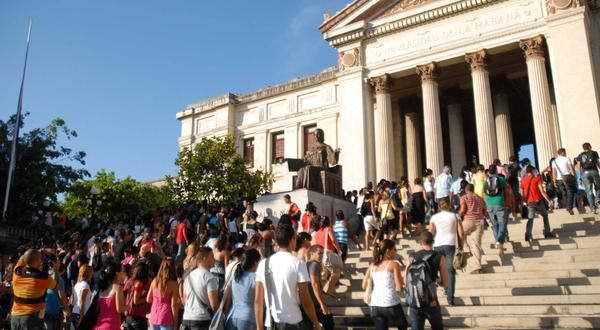
![]() 14ymedio, Luz Escobar, Havana, 2 February 2016 — She is not wearing a uniform, she is not carrying a bag with snacks, nor does she have a kerchief tied around her neck. However, at nine years of age, Malena is on her way to school, a learning center for the children of diplomats where she has been able to register with her parents’ economic means and a Spanish passport – a legacy from her grandmother.
14ymedio, Luz Escobar, Havana, 2 February 2016 — She is not wearing a uniform, she is not carrying a bag with snacks, nor does she have a kerchief tied around her neck. However, at nine years of age, Malena is on her way to school, a learning center for the children of diplomats where she has been able to register with her parents’ economic means and a Spanish passport – a legacy from her grandmother.
Cuban education is no longer the same for everyone. There are classrooms where students enjoy unlimited internet connection, air conditioning and new furniture. In the dining halls, the menu is varied, vegetables are plenty and it is common to hear a child talk about how he or she spent the weekend at the exclusive Cayo Coco resort or that his or her dad got a new truck.
Founded more than forty years ago, the Havana International School was originally designed for the children of ambassadors and consular personnel. In the 1990s, the children of foreigners working for joint venture firms arrived, but as of a few years back Cubans who can afford the high tuition fees and show a foreign passport have appeared. continue reading
As opposed to public schools where material resources are scarce and the deficit of teachers increases, the International School on 18th Street in Havana’s exclusive Miramar neighborhood, has a library, a multimedia center and a playground. The waiting list of those interested in working at this attractive place would be enough to fill all the empty positions in primary and secondary classrooms throughout the country.
To register a child in the International School or the Spanish Education Center of Havana, near the Aquarium in Miramar and founded in 1986, you must show documents that confirm you are a foreigner. A condition that up to a few years ago was exclusive to the children of diplomats, but that now is shared by the offspring of returned émigrés and those naturalized as Spaniards through the Spain’s Grandchildren Law, like Malena.
Registration requires showing the student’s previous test results and a willingness to pay the tuition. A year in the first few grades of elementary education can cost between $4,000 and $10,450, from kindergarten to fifth grade.
Despite the high fees, there are Cubans who can afford this amount to avoid sending their kids to public school. Among them are those who, after living long years abroad, refuse to accept the ideologized Cuban education. “Our girl was born in Madrid and is not used to any of those things you see in schools here,” the mother of a teenager who attends secondary school at the so-called “Spanish little school” told this newspaper. Married to a renowned artist, and after a more than a decade living in Salamanca, they now juggle to pay the school’s tuition.
“But, we make the sacrifice because there they teach her to be creative and to think for herself,” added the proud woman. “I don’t want to even imagine what it would be like to have to register her in a one those other schools,“ she says from her house in Central Havana. The girl shares a classroom with the children of foreign reporters, managers of joint venture companies, and the new rich.
The teachers at these schools, as well as the administrative and maintenance personnel, are hired directly through recommendations. In this case, there is no involvement of the agencies controlled by the State, and this is common in the majority of positions paid in freely convertible currency or tied to foreigners.
Lina, a young graduate of San Alejandro Fine Arts Academy, taught for several years at one of these learning centers thanks to her good English language skills. Now, she says that the salary was “magnificent,” but that the most important thing was the “airs of freedom that could be felt upon entering.” On its web page, the International School describes itself as a “progressive institution.”
More than a third of the teachers at the school come from Canada, United Kingdom, Holland, Germany and Portugal. The rest are Cuban hires that had to show that they are “versed in modern pedagogical methods.” At the end of their studies, the pupils obtain valid diplomas that are recognized by the European Union or other nations.
The curriculum is not very different from that of the public education, although the way it is taught is. Among the subjects that they must learn in elementary school are Math, English, Spanish, Arts Education and Music, together with Physical Education, Computer Science and Civics. This last one without an iota of ideology.
With the just obtained Spanish passport, Ivette, owner of a paladar (private restaurant) in Old Havana decided to save her daughter from the “dirty bathrooms, the greasy metal [lunch] tray, the female teacher that smokes and yells,” states the prosperous entrepreneur, talking about her own childhood school experiences. “This is the best money I spent in my life,” says the woman about the “little school for yumas*” that her daughter attends every morning.
*Cuban slang for foreigners.
Translated by Ernesto Ariel Suarez


